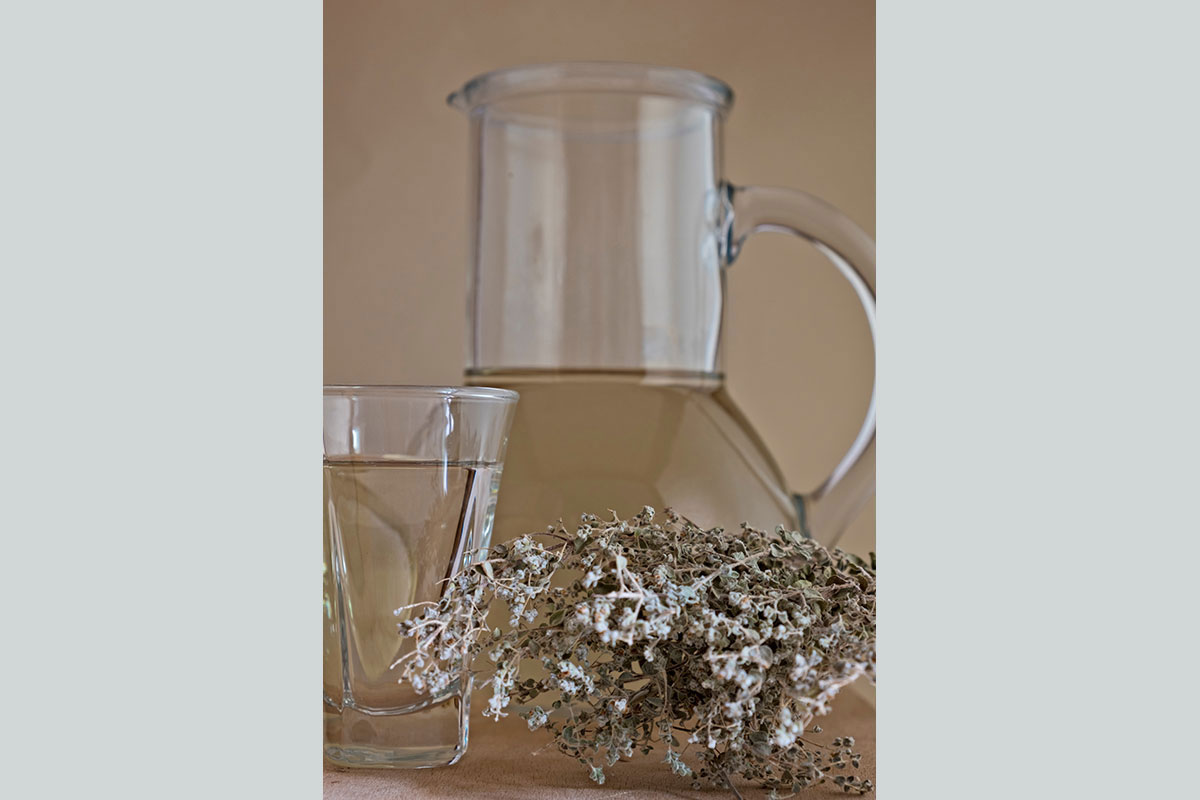Oregano Hydrosol
5 Powerful Facts About Turkey’s Oregano Hydrosol You Need to Know
Introduction
Oregano hydrosol—often referred to as oregano water—is a natural distillate produced during the steam distillation of oregano leaves. With a fresh, herbaceous aroma and botanical origin, this hydrosol is gaining momentum in personal care, culinary, and aromatic markets.
While several Mediterranean countries cultivate oregano, Turkey has emerged as one of the most dynamic and promising regions for oregano hydrosol production. With its diverse climates, deep-rooted agricultural traditions, and expanding international presence, Turkey offers an ideal setting for high-quality oregano cultivation.
In this article, we dive into five powerful facts about oregano hydrosol and why Turkey plays such a central role in its global rise.
1. Turkey Offers Ideal Conditions for Oregano Growth
Oregano thrives in sunny, mountainous environments, and Turkey’s topography provides some of the best natural conditions for this resilient herb. The Aegean and Mediterranean regions, including areas like Denizli, İzmir, and Antalya, offer well-drained soils and long sunny days—perfect for oregano cultivation.
These conditions help develop a rich aromatic profile, making Turkish oregano highly sought after for both essential oil and hydrosol production. The hydrosol derived from oregano grown in Turkey is often described as having a clean, bold herbal scent, which appeals to both artisanal and industrial users.
2. Oregano Hydrosol Is Produced Using Traditional Steam Distillation
In Turkey, the steam distillation process is commonly used to produce oregano hydrosol. Farmers harvest the oregano at peak season, typically in late summer, and transport it to distillation centers where it is steamed in copper or stainless-steel stills.
This process yields two separate products: essential oil and hydrosol. The hydrosol, or aromatic water, contains the water-soluble compounds and aroma of the oregano plant, making it a versatile byproduct of the oil distillation process.
What sets Turkish producers apart is their dedication to small-batch, carefully timed distillation, often done cooperatively within farming communities.
3. Turkish Oregano Hydrosol Supports Sustainable Farming
The production of oregano hydrosol in Turkey aligns with many environmentally responsible farming practices. Since oregano is a hardy plant that requires minimal irrigation, pesticides, or synthetic inputs, it fits well within the goals of sustainable agriculture.
Moreover, the hydrosol production process makes use of plant material that might otherwise be discarded. Many small farms in Turkey repurpose leftover biomass from distillation into compost or natural ground cover, ensuring a low-waste production cycle.
These sustainable efforts not only protect the environment but also improve local economic resilience, especially in rural regions.
4. Oregano Hydrosol Is an Export-Oriented Commodity
As demand for natural ingredients increases globally, Turkey has become a notable exporter of oregano hydrosol. Many Turkish companies now provide oregano hydrosol in bulk quantities to customers in Europe, Asia, and the Americas.
Turkish oregano is especially favored for its robust aroma and consistent quality, which stem from both the regional plant variety and the expertise of local producers. Hydrosol exporters typically work closely with agricultural cooperatives to ensure steady supply and ethical sourcing.
The rise in exports also reflects strong infrastructure—from distillation facilities to logistics hubs—that support timely, international shipping.
5. Scientific Interest in Turkish Oregano Is Increasing
Turkey’s oregano farming sector is not just based on tradition—it is also supported by modern agricultural research and academic interest. Local universities and research institutions are studying how altitude, harvest time, and climate variations affect the quality of oregano distillates, including hydrosol.
These studies are helping farmers fine-tune their cultivation and distillation methods to maximize yield and consistency, ensuring that Turkish oregano hydrosol remains competitive on the global stage.
With state-supported research and increased investment in rural innovation, the future of oregano hydrosol in Turkey looks bright and grounded in science.
Conclusion
From its sunlit hills to its heritage-rich farms, Turkey is emerging as a leader in the global oregano hydrosol industry. Its combination of ideal geography, sustainable farming practices, and export readiness make it an invaluable player in this growing market.
As consumer interest in plant-based and naturally derived products continues to rise, Turkish oregano hydrosol stands out for its authenticity, aroma, and eco-conscious production. With more farmers entering the industry and support from local institutions, Turkey’s role in hydrosol production is set to expand even further.
For those seeking high-quality oregano water sourced from ethical and sustainable farms, Turkey offers one of the most compelling stories in today’s botanical world.
Product Information
Crop: Wild grown on mountains Parts used: Leaves Extraction Method: Steam Distillation Quality: Organic certified 100 % pure and natural hydrosol Industry used: Dietary/Nutritional Supplement, Phytotherapy, Aromatherapy, Cosmetic, Perfume, Feed and Agricultural industries. Packaging: Food grade barrels in various sizes, Glass bottles, Plastic bottles Country of origin: TÜRKİYE

